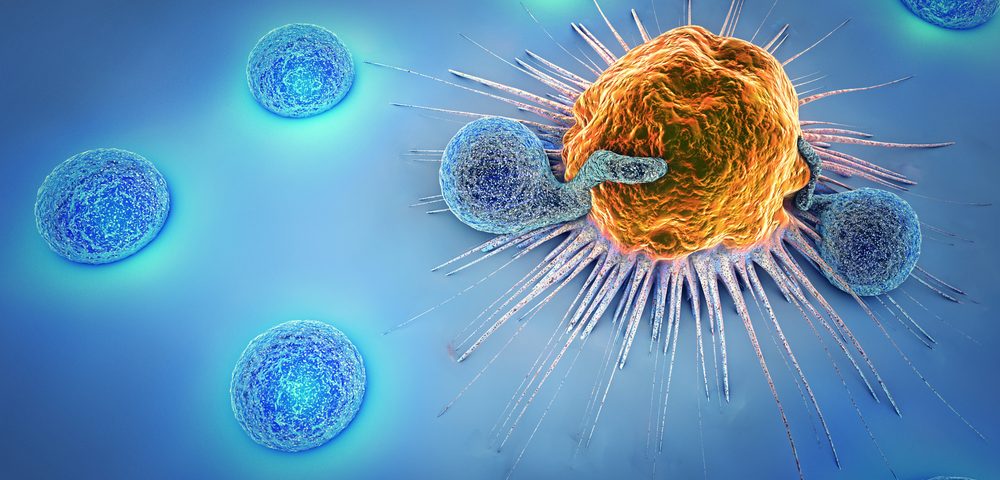The first patient has been dosed in a Phase 1b/2 trial evaluating Imugene’s stomach cancer vaccine HER-Vaxx.
Researchers are still recruiting participants. They hope to enroll 18 patients at eight locations in Asia, including Hong Kong, Thailand and Taiwan.
The vaccine may be of significant benefit in the region because the rate of gastric cancer is high there. In addition, some patients have no access to expensive treatments like Herceptin (trastuzumab) or Perjeta (pertuzumab).
Imugene designed HER-Vaxx (IMU-131) to trigger a strong immune response against the Her2 protein that is present on the surface of cancer cells. A robust response would kill the cancer cells.
HER-Vaxx was developed by researchers at the Medical University Vienna. Imugene partnered with Mymetics in 2014 to manufacture the drug.
“Our team is excited to be part of this important study and the search for effective new treatments for gastric cancer as there are limited options for patients,” Professor Christoph Zielinski, head of Medical University Vienna’s cancer program, said in a press release. He is principal investigator of the trial.
Imugene published encouraging preclinical-trial results of the HER-Vaxx’s ability to fight stomach cancer in the journal BMC Cancer. A new formulation of the drug generated a more potent immune response against cancer cells with Her2 protein, researchers said. Imugene will be using the formula in new clinical trials.
The Phase 1b/2 study (NCT02795988) has two parts. In the Phase 1b stage, patients will receive escalating doses of HER-Vaxx in combination with standard chemotherapy to determine an optimal dose.
The Phase 2 stage will evaluate the effectiveness of the optimal dose. This part of the trial will include 68 patients with HER2-positive metastatic gastric cancer. They will be randomized to receive either HER-Vaxx plus chemotherapy or chemotherapy alone.
The main measurements of the trial will be the vaccine’s safety, ability to provoke an immune response, how long it takes patients’ cancer to progress, and their overall survival.
“The successful start of this study represents an important development milestone for our business and medical professionals seeking new ways to treat patients with gastric cancer,” said Leslie Chong, Imugene’s chief executive officer.


